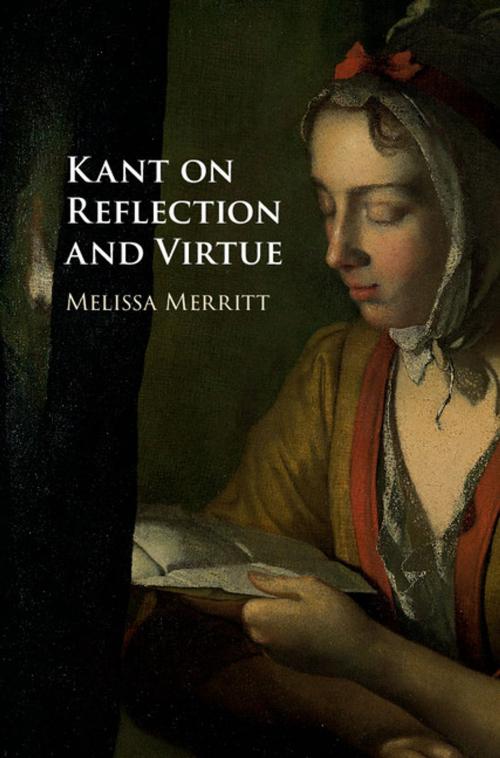Kant on Reflection and Virtue
Nonfiction, Religion & Spirituality, Philosophy, Modern, Ethics & Moral Philosophy| Author: | Melissa Merritt | ISBN: | 9781108637633 |
| Publisher: | Cambridge University Press | Publication: | April 30, 2018 |
| Imprint: | Cambridge University Press | Language: | English |
| Author: | Melissa Merritt |
| ISBN: | 9781108637633 |
| Publisher: | Cambridge University Press |
| Publication: | April 30, 2018 |
| Imprint: | Cambridge University Press |
| Language: | English |
There can be no doubt that Kant thought we should be reflective: we ought to care to make up our own minds about how things are and what is worth doing. Philosophical objections to the Kantian reflective ideal have centred on concerns about the excessive control that the reflective person is supposed to exert over their own mental life, and Kantians who feel the force of these objections have recently drawn attention to Kant's conception of moral virtue as it is developed in his later work, chiefly the Metaphysics of Morals. Melissa Merritt's book is a distinctive contribution to this recent turn to virtue in Kant scholarship. Merritt argues that we need a clearer, and textually more comprehensive, account of what reflection is, in order not only to understand Kant's account of virtue, but also to appreciate how it effectively rebuts long-standing objections to the Kantian reflective ideal.
There can be no doubt that Kant thought we should be reflective: we ought to care to make up our own minds about how things are and what is worth doing. Philosophical objections to the Kantian reflective ideal have centred on concerns about the excessive control that the reflective person is supposed to exert over their own mental life, and Kantians who feel the force of these objections have recently drawn attention to Kant's conception of moral virtue as it is developed in his later work, chiefly the Metaphysics of Morals. Melissa Merritt's book is a distinctive contribution to this recent turn to virtue in Kant scholarship. Merritt argues that we need a clearer, and textually more comprehensive, account of what reflection is, in order not only to understand Kant's account of virtue, but also to appreciate how it effectively rebuts long-standing objections to the Kantian reflective ideal.















